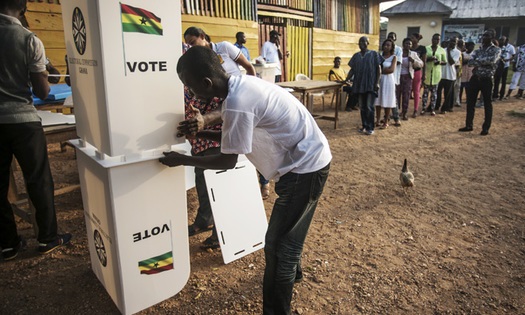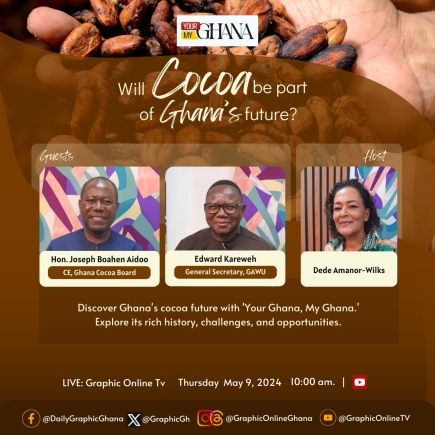
Responsive information as against wholesale propaganda - lessons from 2016 elections
Some critical observations and lessons, if any, that the average Ghanaian ought to learn from the just-ended December 2016 general election should be about the way and manner in which the leadership of various political parties conducted themselves in the lead up to the election last year.
Advertisement
The type of language used – fair or unfair, acceptable or unacceptable – by the various political parties and lessons from the messages to Ghanaians must be put into proper perspectives as far as responsive information, based on facts and figures, are concerned as against wholesale political propaganda to win power.
We would want to limit issues to the National Democratic Congress (NDC) and New Patriotic Party (NPP) only. This is because though the 2016 general election was contested by six political parties i.e. NDC, NPP, NDP, CPP, PNC and PPP, including an Independent Presidential candidate, it was obvious that the contest was keenly between the National Democratic Congress (NDC) and the New Patriotic Party, (NPP).
Significantly, from the perspective of facts and figures, in terms of political communication, it was quite clear that what separated the winner (NPP) from the loser (NDC) was obviously responsive information flow as against wholesale political propaganda.
What is the value of responsive information as against wholesale political propaganda in this case? According to the Collins Advanced Learner’s English Dictionary, the “adjective ‘responsive’ describes something or someone who reacts quickly and favourably…..while ‘information’ consists of the facts and figures about something or someone. ‘Propaganda’, on the other hand, according to the same dictionary, is an information often inaccurate one, which a political organisation publishes or broadcast in order to influence people…..”
In fact, these definitions have been cited to drive home a point that responsive information flow in political communication is critically rewarding and relevant to the expectations of the people compared to wholesale political propaganda. Indeed, both the NDC and NPP could not run away from the use of propaganda during the 2016 elections but the leadership of the NPP did quite a better job than the NDC in terms of facts and figures in their engagement of the electorate.
While, for instance, Vice-President Alhaji Dr Mahamudu Bawumia was all over with facts and figures on the Ghanaian economy and on other issues of governance through his series of lectures, media encounters and direct engagement with the people at the grass roots, the NDC, on the other hand, almost did the opposite. The NDC party communication machinery was rather busily focussing on needless personality attacks against the NPP leadership.
Also, the NDC attacked their opponent’s campaign promises that they could not be fulfilled, among other distasteful insults, as against telling Ghanaians what they could offer to the people. Again, the publication of the proverbial ‘Green Book’ and some hugely projected political adverts across the media landscape were disastrous.
Other Trending Stories
In fact, public opinion and some political pundits have made observation that the total communication method by the NDC was a disaster. The NDC ought to have engaged themselves more in responsive information flow from government to people at the grassroots level. Instead, they chose to engage in wholesale political party propaganda. It was, therefore, not surprising that the Information Ministry and the Information Services Department (ISD) were made unproductive.
Interestingly, the behaviour of the NDC government adversely affected the vision of the ISD, which sought to establish a two-way responsive channel of communication between the government of the day and the people to proactively and readily assist government in promoting development and good governance in the country.
The moral lesson here is that one cannot eat his cake and have it. Again, one does not become a winner by purposefully destroying others. The 2016 elections outcome must be a lesson to all politicians, especially the arrogant and power-drunk ones, because the Ghanaian citizenry are too enlightened to be taken for a ride. A word to the wise is enough.





